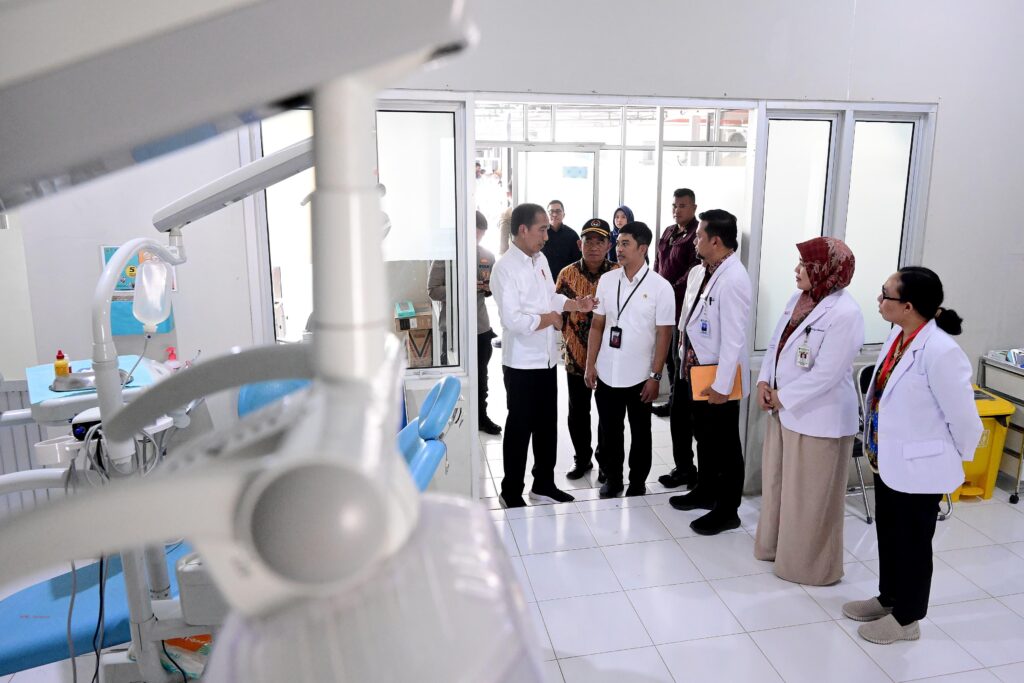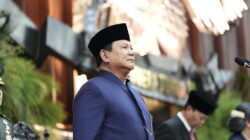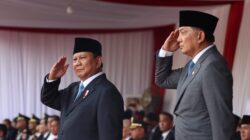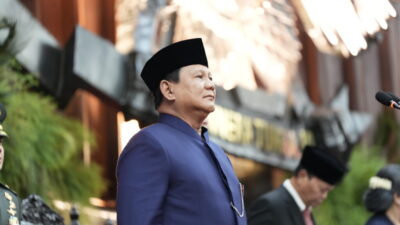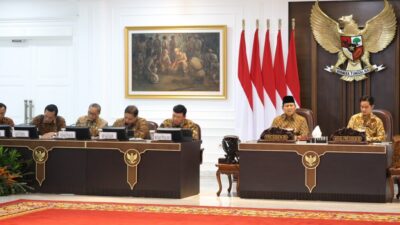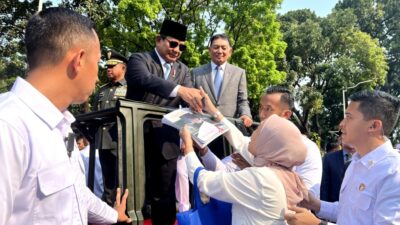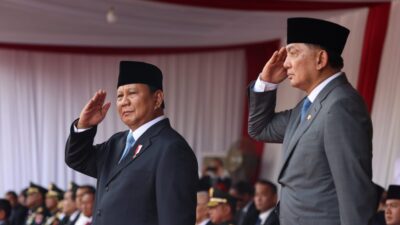Jakarta — The social welfare in Indonesia has seen significant improvements in the past decade under the leadership of President Joko Widodo (Jokowi), particularly in the areas of education, healthcare, and infrastructure, as reported by the Social Progress Index (SPI).
A recent report by LSI Denny JA highlighted these improvements, stating that the SPI is a crucial tool for evaluating how a government enhances the well-being of its citizens beyond just economic metrics.
According to LSI Denny JA, Indonesia’s SPI score has increased from 61.65 in 2014 to 67.22 in 2023, indicating progress in various social welfare indicators. The country has also seen an improvement in its SPI ranking from 92nd to 80th, demonstrating an enhanced standard of living amid ongoing challenges.
The report identified three key factors contributing to the rise in social welfare:
- Access to Education: Initiatives like the Kartu Indonesia Pintar (Smart Indonesia Card) have been introduced to encourage educational participation, especially among low-income families.
- Healthcare Services: The National Health Insurance program (JKN) has expanded healthcare access, particularly for marginalized communities, leading to improvements in public health.
- Social Infrastructure: Significant investments in infrastructure such as roads and public facilities have improved access to essential services, contributing to a better quality of life.
LSI Denny JA also emphasized the importance of the SPI as a measure of success:
- Quality of Life Beyond GDP: While high GDP countries may still have social inequalities, the SPI evaluates non-economic factors such as education, health, and human rights that are often overlooked by traditional economic indicators.
- Impact of Government Policies: The SPI reflects how policies like expanding healthcare coverage and improving education access directly impact people’s quality of life.
- Global Comparison: By allowing comparisons between nations, the SPI indicates that Indonesia is moving closer to more advanced countries in terms of social welfare.
The report also recognized Jokowi’s administration for its progress in healthcare, education, and social protection programs, including the Program Keluarga Harapan (Family Hope Program) which offers financial assistance to impoverished families for basic needs like food and education.
In conclusion, LSI Denny JA affirmed that the SPI reflects Jokowi’s success in improving basic needs, extending access to education and healthcare, and generating more economic opportunities.
“Based on the SPI, Jokowi’s 10 years in office can be seen as a success, but further efforts are required to achieve full equality and social justice across all regions in Indonesia,” concluded the report. (RR)
